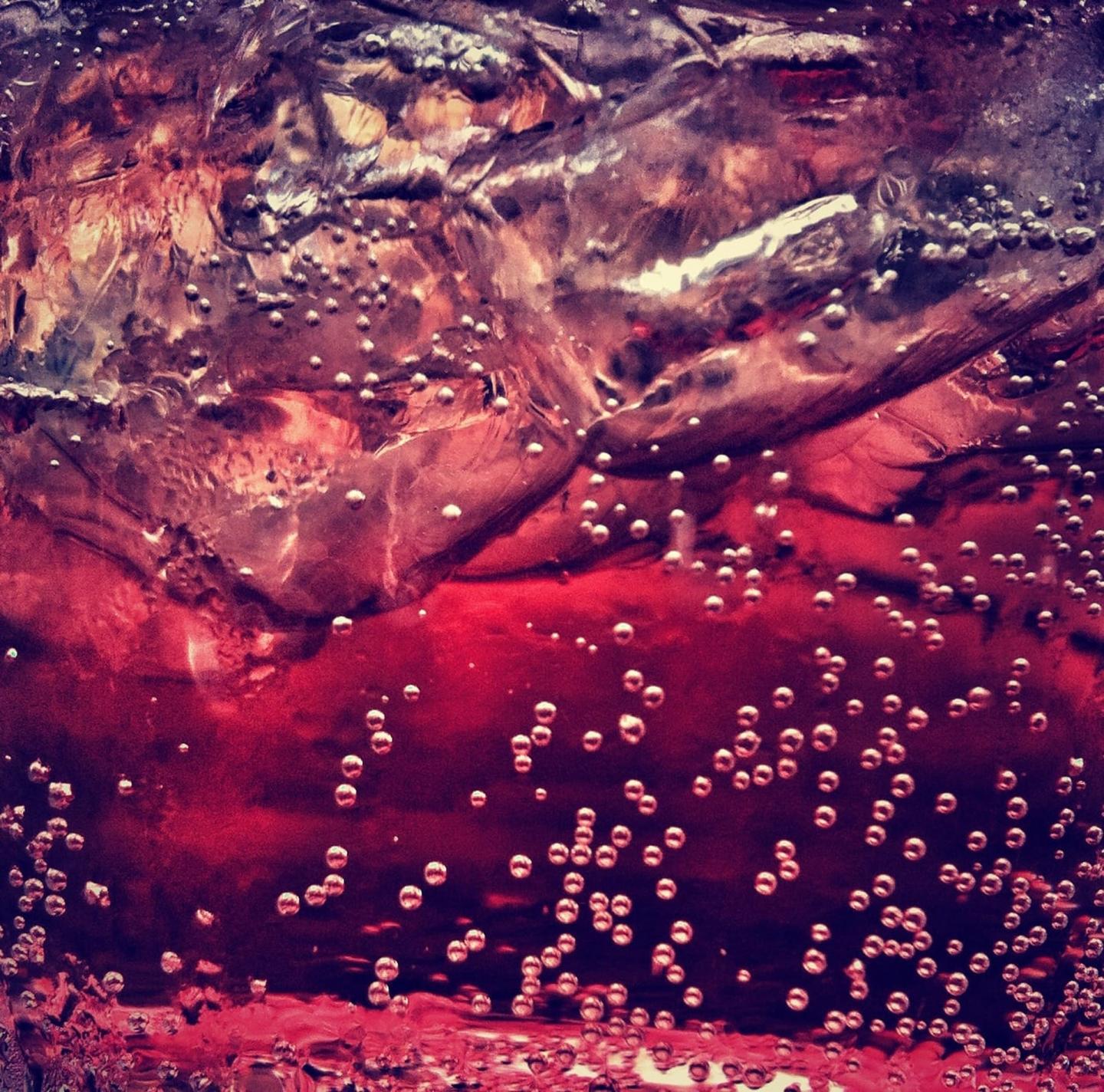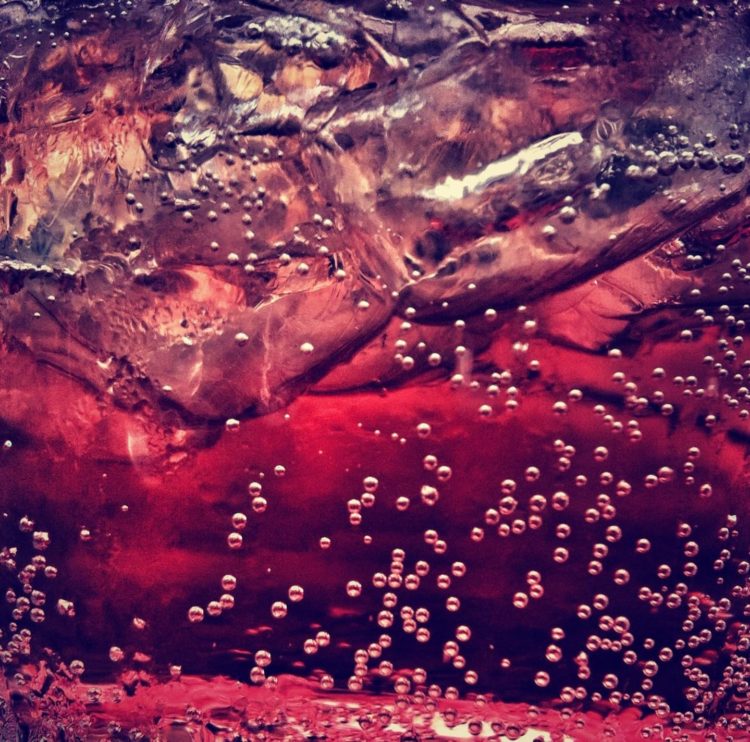
Credit: doctor-a, Pixabay
Laws affecting the labeling, marketing and taxation of sugary soft drinks impact the behavior of both consumers and manufacturers, according to two studies published this week in PLOS Medicine.
In the first study, Camila Corvalán of the University of Chile and colleagues analyzed the impact of Chile’s Law of Food Labeling and Advertising, implemented in 2016. The law mandates front-of-packaging warning labels, restricts child-directed marketing and bans sales in schools of all foods and beverages containing added sugars, sodium or saturated fats over threshold levels. The new study used national data on packaged beverage purchases from 2,383 urban households in Chile between 2015 and 2017. The researchers concluded that after the implementation of the new policies, the purchase of beverages high in sugar, sodium, saturated fat or calories decreased by 22.8 mL per capita per day (95% CI 22.7-22.9, p
“Future research will be needed to understand to what degree these changes are attributable to product reformulation and/or to changes in consumer behavior as well as the impact of these regulations on dietary intake and health-related outcomes,” the researchers say.
In the second study, Peter Scarborough of University of Oxford, UK, and colleagues looked at the effect of the UK Soft Drinks Industry Levy (SDIL). This levy, announced in March 2016 and implemented in April 2018, charges manufacturers and importers a levy on soft drinks of 18p per litre for drinks with between 5 grams and 8 grams of sugar per 100mL, and 24p per litre for drinks with greater than 8 grams of sugar per 100mL. In the new study, researchers used a total of 209,637 observations of soft drinks available from UK supermarket websites at 85 time points between September 2015 and February 2019. Over that time period, the proportion of drinks with more than 5 grams of sugar per 100mL fell by 33.8% (95%CI 33.3-34.4, p
“The SDIL incentivized many manufacturers to reduce sugar in soft drinks. Some of the SDIL was passed onto consumers as higher prices, but not always on targeted drinks,” the researchers say. The authors suggest the SDIL may have resulted in reformulation of sugar sweetened beverages and that these changes could reduce population exposure to liquid sugars and associated health risks.
###
Image Credit: doctor-a, Pixabay (CC0)
Research Article – Corvalán et al
Funding:
Funding support comes from Bloomberg Philanthropies (https:/
Competing Interests:
We have read and understood PLOS Medicine‘s policy on declaration of interests and LST, MR, CC, and AC declare that they have no competing interests. BP is on the editorial board and otherwise has no competing interests.
Citation:
Taillie LS, Reyes M, Colchero MA, Popkin B, Corvalán C (2020) An evaluation of Chile’s Law of Food Labeling and Advertising on sugar-sweetened beverage purchases from 2015 to 2017: A before-and-after study. PLoS Med 17(2): e1003015. https:/
Author Affiliations:
Carolina Population Center, University of North Carolina at Chapel Hill, Chapel Hill, North Carolina, United States of America
Department of Nutrition, Gillings School of Global Public Health, University of North Carolina at Chapel Hill, Chapel Hill, North Carolina, United States of America
Institute of Nutrition and Food Technology, University of Chile, Santiago, Chile
Instituto Nacional de Salud Pública, Cuernavaca, Morelos, Mexico
In your coverage please use this URL to provide access to the freely available paper: http://journals.
Media Contact
PLOS Medicine
[email protected]
Related Journal Article
http://dx.





